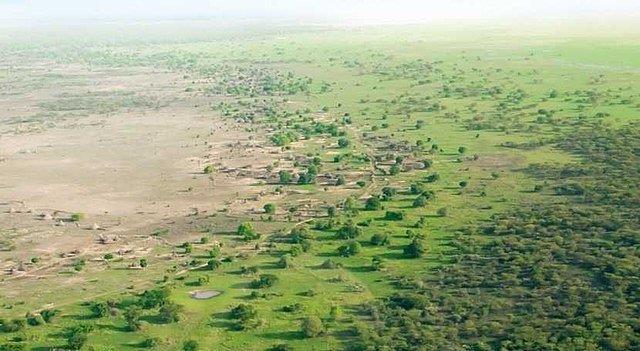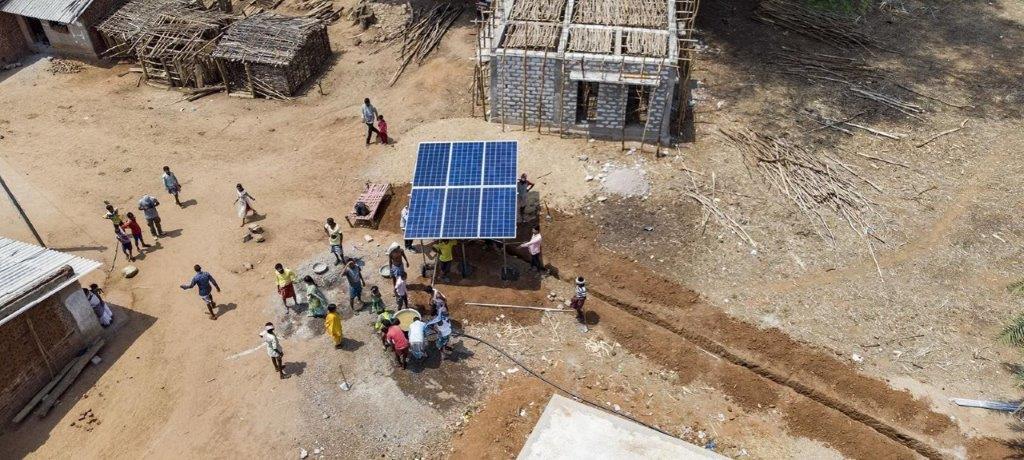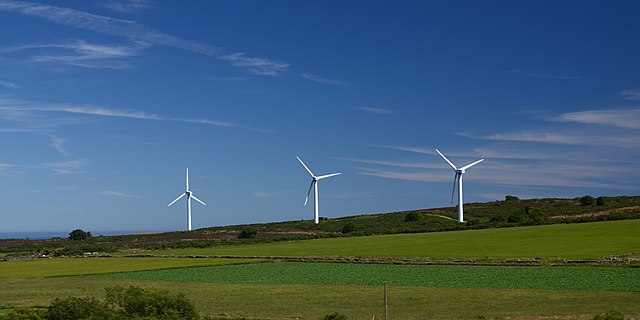
Climate Security Hub
Anthropogenic emissions are irreversibly changing the earth’s climate system and moving it toward a warmer state. This rapid extraction of organic carbon and its release into the atmosphere constitutes, as noted by Revelle and Suess in 1957, the largest “geophysical experiment” ever attempted in the history of humankind. The haste and scale of climatic changes to which contemporary society is subjected are simply unprecedented. As scholars and practitioners are coming to terms with the transformative impact of anthropogenic emissions, questions have begun to arise on how a warmer, more unpredictable earth will affect international peace and security.
The past twenty years have seen increasingly rapid advances in the field of climate security, where two schools of thought have emerged. The first is the environmental security school, which focuses on how the geophysical impact of climate change on a population, mediated by social and environmental variables, leads to conflict via opportunity-cost or grievance mechanisms. The second is the political ecology school, which focuses on how climate signals (i.e., information) are translated into knowledge and practices that are used to navigate ecological transformations, benefitting some and disempowering others. Taken altogether, the two perspectives have proven that the link between climate change and international security is multi-causal and largely context-specific.
Parallel to the academic debate, there has been an evolving discussion on climate security within international organizations. This discussion, which at times was informed by and at others was contrary to scientific evidence, has been driven by three contingencies. First, pressing public demand to act on climate change and related issues. Second, increased awareness of the implications of climate change on international peace and security. Third, the need to conciliate security operations with a rapidly changing environment. On the latter point, for example, we see that the United Nations (UN) has been working to operationalize climate-sensitive programming in peace operations, while intergovernmental funds, such as the Green Climate Fund, have begun working to operationalize conflict-sensitive programming in climate finance.
Overall, climate security is still a policy area in its infancy that has yet to be fully operationalized. For this reason, it is extremely important to assess the early developments in the field so that policy limitations and opportunities can be promptly understood. My research, which is outlined in this webpage, aims to improve our understanding of the intersection between climate and security by looking at:

Scientific Evidence
- Reframing Climate-Induced Socio-Environmental Conflicts: A Systematic Review.
International Studies Review 23, no. 3 (2021): 696–725. - How Robust Is the Evidence on Climate Security? An Assessment of Confidence Levels in IPCC Reports via the SCIPCC Dashboard.
Policy Brief 129. Tokyo: Toda Peace Institute, June 2022. - SCIPCC Dashboard: Visualizing Climate Security Evidence From the IPCC WGII AR6 report.

Policy Debates
- Climate Change in the UN Security Council: An Analysis of Discourses and Organizational Trends.
International Studies Perspectives 23, no. 3 (2022): 290-312. - The UN Security Council at a Turning Point: Securitisation or Climatisation?
Global Outlook. March 2021.

Policy Practice
- Climate-Sensitive Programming in International Security: An Analysis of UN Peacekeeping Operations and Special Political Missions.
International Peacekeeping 29, no. 3 (2022): 488–521. - Climate security policy coherence and awareness analysis: Guatemala and Central America.
CGIAR, 2023. - Climate Security Policy Coherence and Awareness Analysis Report: East Africa and Kenya.
CGIAR, 2022. - Climate Security Policy Coherence and Awareness Analysis Report: West Africa and Senegal.
CGIAR, 2022. - Livestock, Climate, and Security: A Policy Coherence and Awareness Analysis.
CGIAR, December 30, 2022.

Financing
- Climate Security Programming Dashboard for Climate Finance
- Guidance note for peace-informed programming at the Green Climate Fund: Ecosystems and ecosystem services.
CGIAR, 2023. - Guidance note for pace-informed programming at the Green Climate Fund: Forest and Land Use.
CGIAR, 2023. - Guidance note for peace-informed programming at the Green Climate Fund: Livelihoods of people and communities.
CGIAR, 2023. - Guidance note for peace-informed programming at the Green Climate Fund: Energy generation and access.
CGIAR, 2023. - Guidance note for peace-informed programming at the Green Climate Fund: Buildings, Cities, Industries, and Appliances.
CGIAR, 2023. - Guidance note for peace-informed programming at the Green Climate Fund: Infrastructure and built environment.
CGIAR, 2023. - Guidance note for peace-informed programming at the Green Climate Fund: Transport.
CGIAR, 2023. - Guidance note for peace-informed programming at the Green Climate Fund: Health, food, and water security.
CGIAR, 2023. - Conflict Sensitive Climate Finance: Lessons from the Green Climate Fund.
Climate Policy (2023) - Integrated Climate Security Programming in Climate Finance: An Analysis of Multilateral Climate Funds.
CGIAR, 2022. - Climate Finance: Taking Stock of Investments and Opportunities to Sustain Peace.
New Security Beat, July 18, 2022.